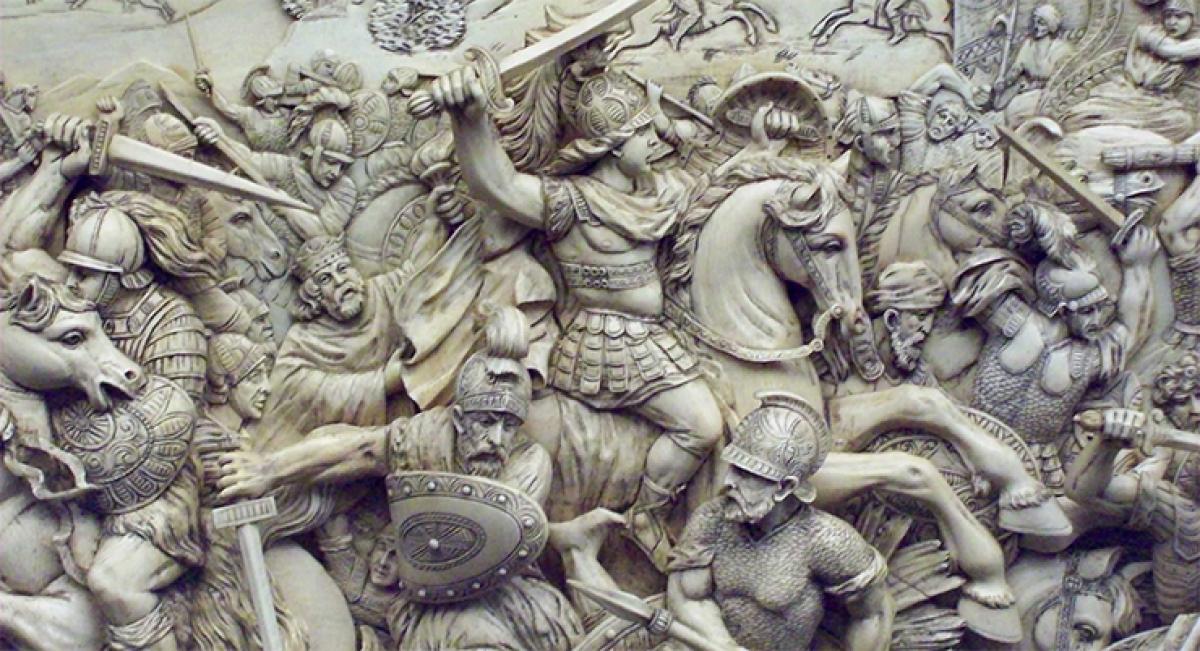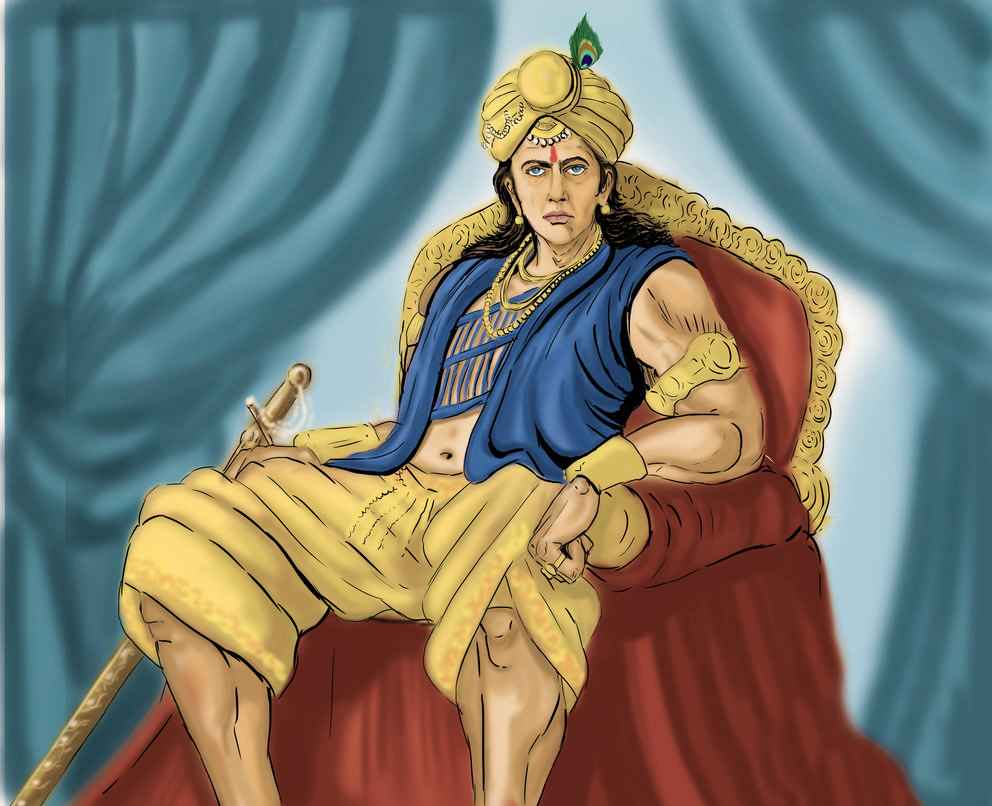
Muhammad of Ghor or Shihabuddin Muhammad Ghori was a Sultan from the Ghurid dynasty who ruled from 1173 to 1206. He ruled a vast area comprising parts of modern-day Afghanistan, Pakistan, India, Iran, Bangladesh, Turkmenistan, Tajikistan. He was the nephew of the Ghurid destroyer of Ghazni, Alauddin, also known as Jahan Soz. He and his brother Ghiasuddin ruled respectively at Ghazni and Ghor or Firoz Koh. Unlike the late dynasty of Ghazni, that of Ghor appears to have been Afghansi, though some believe they might have been Turki or Persian perhaps. The real founder of Muslim Power in India was Muhammad Ghori. He Ghori was the third Muslim invader of India. He came to conquer and annex whereas his two predecessors, Muhammad-bin Qasim and Mahmood Ghaznavi had come primarily to punish and to plunder.

